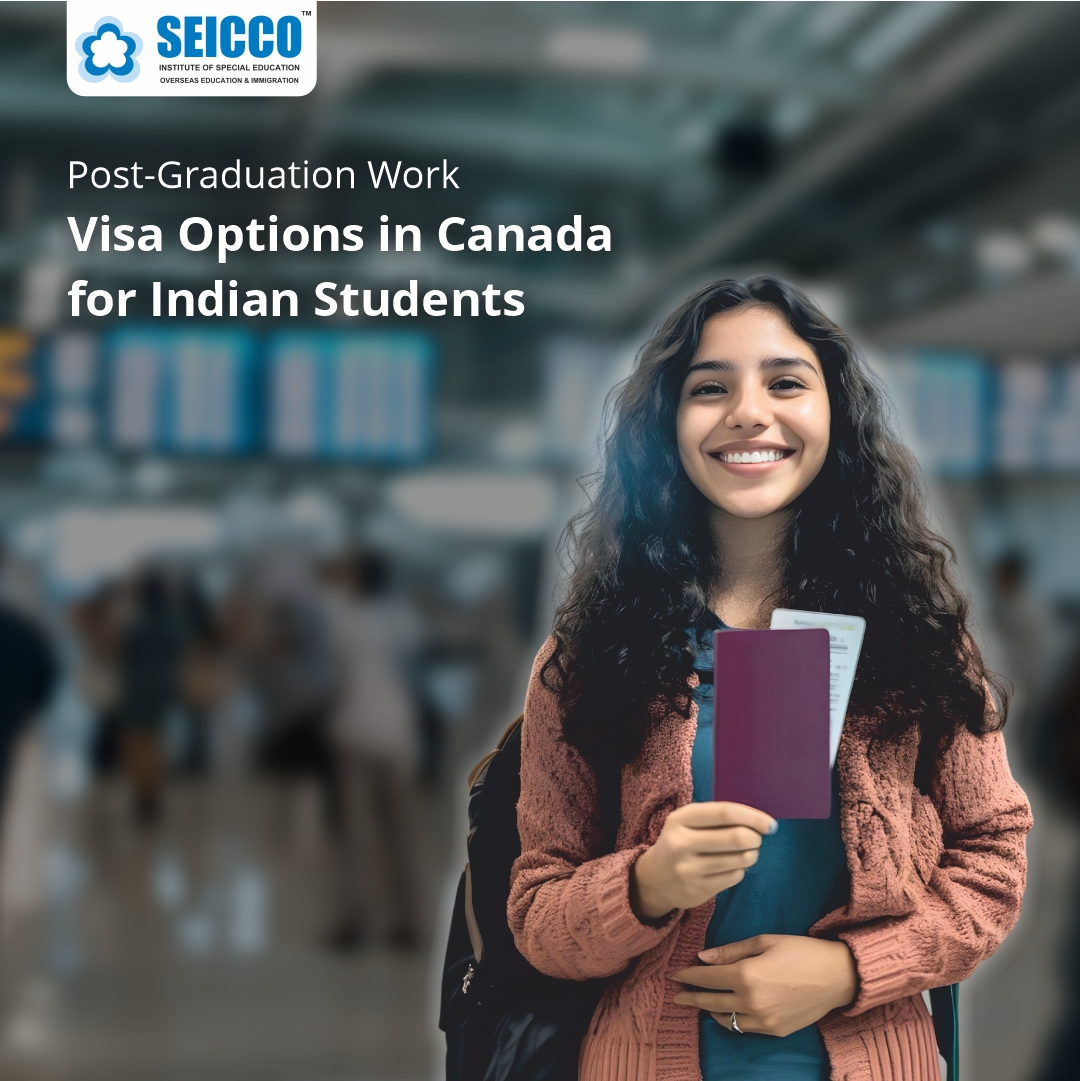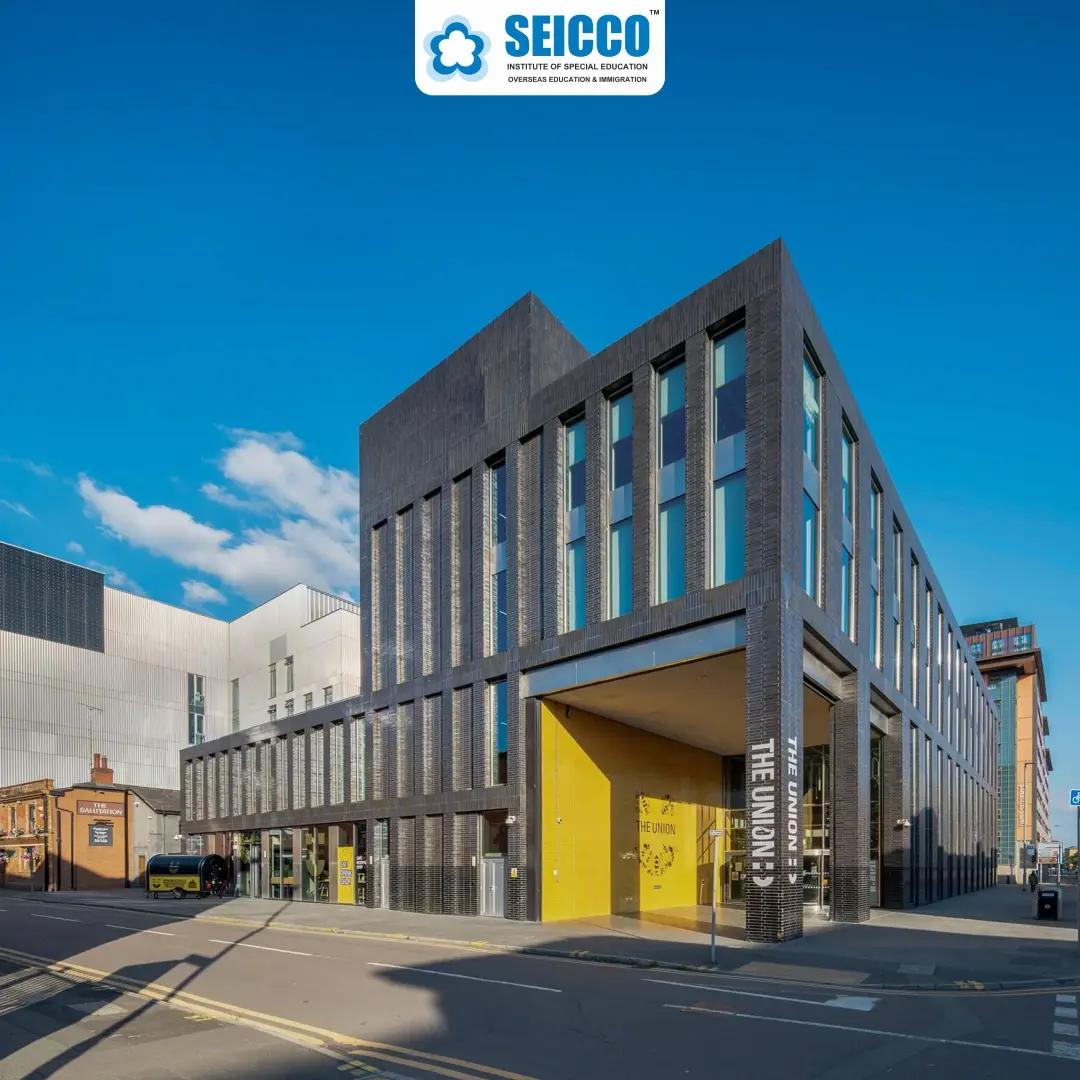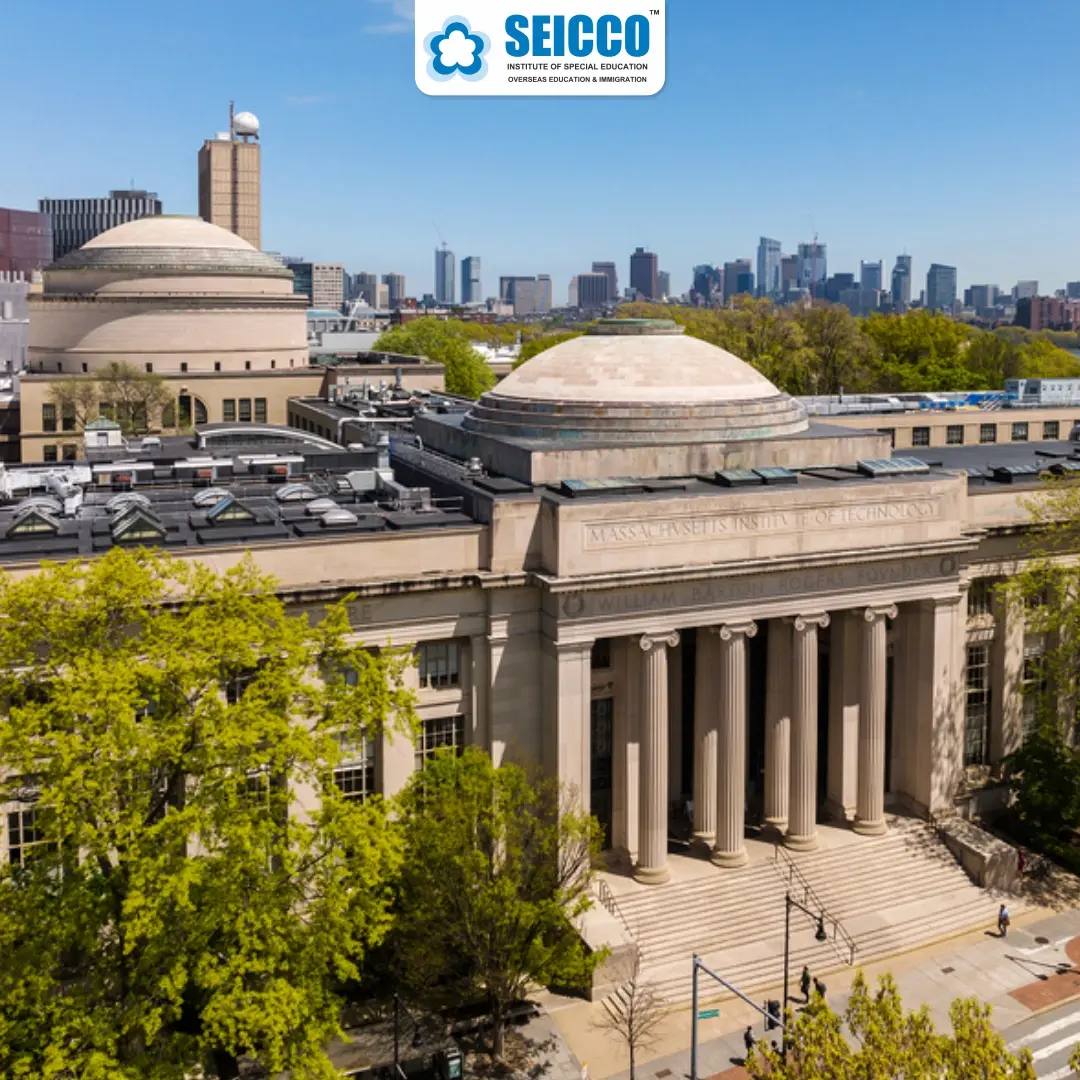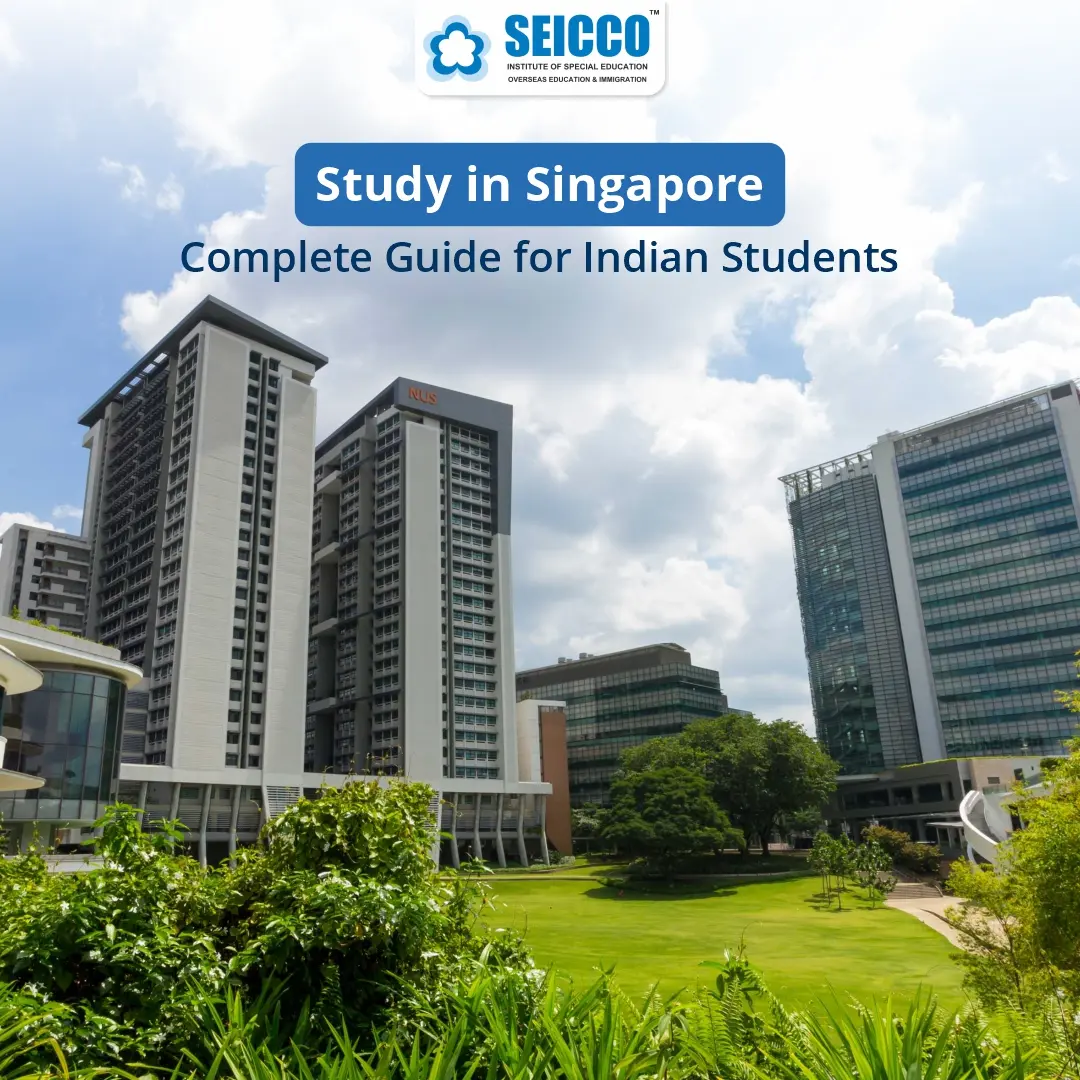Key Highlights:
- Post-Graduation Work Permit (PGWP) is the most popular work visa for Indian students after completing their studies in Canada.
- PGWP allows you to work for any employer in Canada and gain valuable Canadian work experience.
- The duration of the PGWP depends on the length of your academic program, up to 3 years.
- You must have graduated from a Designated Learning Institution (DLI) to be eligible.
- PGWP is a one-time opportunity—you can’t apply again once issued.
- Work experience gained through PGWP can help you qualify for Permanent Residency (PR) through Express Entry.
- Other options include employer-sponsored work permits and provincial nominee programs (PNPs).
- Application must be submitted within 180 days of receiving your final transcript and official letter of completion.
Why Indian Students Prefer Canada
Canada has become one of the top destinations for Indian students due to its high-quality education, multicultural environment, and clear pathways to work and settle after graduation. According to Immigration, Refugees and Citizenship Canada (IRCC), over 300,000 Indian students are studying in Canada as of 2025, and a large portion of them seek to stay back through work permits and eventually secure PR status.
One of the most effective and streamlined ways to do this is through the Post-Graduation Work Permit (PGWP).
What is the Post-Graduation Work Permit (PGWP)?
The PGWP is an open work permit issued to international students who have completed a program of study at an eligible Canadian institution. It allows graduates to work full-time for any employer in Canada.
This work permit gives you a chance to:
- Gain Canadian work experience
- Improve your Express Entry Comprehensive Ranking System (CRS) score
- Become eligible for Canadian Permanent Residency through programs like Canadian Experience Class (CEC)
Who is Eligible for PGWP?
To be eligible, Indian students must meet the following criteria:
- Completed a full-time program of at least 8 months at a Designated Learning Institution (DLI)
- The program must lead to a degree, diploma, or certificate
- Maintained full-time student status during every semester
- Applied for PGWP within 180 days of receiving written confirmation of program completion
- Held a valid study permit at some point during their studies
Important: Not all programs or institutions are eligible. Always check if your DLI and program are approved for PGWP eligibility.
Duration of the PGWP
The duration of your PGWP depends on the length of your completed academic program:
| Length of Study Program | Length of PGWP |
| Less than 8 months | Not eligible |
| 8 months to < 2 years | Same as program duration |
| 2 years or more | Up to 3 years |
| Multiple programs | Combined total may qualify for up to 3 years |
So, if you complete a 2-year post-graduate diploma, you could get a 3-year PGWP, maximizing your work and PR potential.
How to Apply for a PGWP
Here’s a step-by-step process for Indian students to apply:
- Gather Documents:
- Final transcript
- Official letter from your institution confirming you’ve met graduation requirements
- Copy of your study permit
- Final transcript
- Apply Online:
Create an IRCC account and submit your application with the required fee (CAD $255 or INR ₹16,067 as of 2025). - Apply Within 180 Days:
You must apply within 180 days after receiving proof of graduation. - Work While You Wait:
If you apply while your study permit is still valid, you can work full-time while waiting for your PGWP.
Alternatives to PGWP
If you’re not eligible for PGWP, there are other work visa routes to explore:
1. Employer-Specific Work Permit
- Requires a job offer and Labour Market Impact Assessment (LMIA) from a Canadian employer.
- More restrictive, but possible in sectors like IT, healthcare, and hospitality.
2. International Mobility Program (IMP)
- Does not require LMIA.
- Includes categories like Intra-Company Transfers or Spousal Open Work Permits (for spouses of Indian students).
3. Provincial Nominee Programs (PNPs)
- Each Canadian province has specific programs targeting graduates.
- For example, Ontario International Graduate Stream or BC PNP Post-Graduate Stream.
4. Startup Visa Program
- For entrepreneurial Indian students with a business idea and support from a designated Canadian investor group.
Work Experience & Permanent Residency (PR)
One of the biggest advantages of PGWP is that it directly supports your path to PR. Work experience gained during your PGWP:
- Improves your CRS score
- Qualifies you for Canadian Experience Class (CEC) in Express Entry
- Enhances your provincial nomination chances
Generally, 1 year of skilled Canadian work experience (NOC TEER 0, 1, 2, or 3) is enough to apply for PR under the CEC category.
Key Tips for Indian Students
- Choose programs 2 years or longer to maximize PGWP duration.
- Maintain full-time enrollment status throughout your course.
- Apply for PGWP as early as possible after graduation.
- Keep all immigration documents and academic transcripts ready.
- Explore additional options like PNP or employer sponsorship if you’re ineligible.
Final Thoughts
For Indian students in Canada, the Post-Graduation Work Permit is the most straightforward path to gain valuable international work experience, build a professional network, and transition toward Permanent Residency.
Canada’s welcoming immigration policies, especially towards international graduates, offer a rare opportunity to convert education into long-term career and settlement plans. However, eligibility, timelines, and the right academic choices play a critical role.
If you’re planning your post-study future in Canada, be proactive, informed, and strategic—your dream career might just be a work permit away.
FAQs
1. Can I apply for PGWP from India after returning home?
Yes, but it must be within 180 days of graduation and you need to apply online through IRCC.
2. Can I work while waiting for my PGWP to be approved?
Yes, if you applied with a valid study permit and met all the requirements, you can work full-time while awaiting a decision.
3. Can I get PR directly after PGWP?
No, PGWP is not PR, but it gives you Canadian work experience that can make you eligible for PR programs like CEC or PNPs.
4. What happens if my course is less than 8 months?
You are not eligible for PGWP. Consider a longer program or a bridge course.
5. Is PGWP renewable?
No. It is a one-time opportunity, so plan your career path accordingly.
6. Can I bring my spouse on PGWP?
You can’t directly bring a spouse on a PGWP, but your spouse can apply for an Open Work Permit if you have full-time employment in a skilled job (TEER 0, 1, 2, 3).







